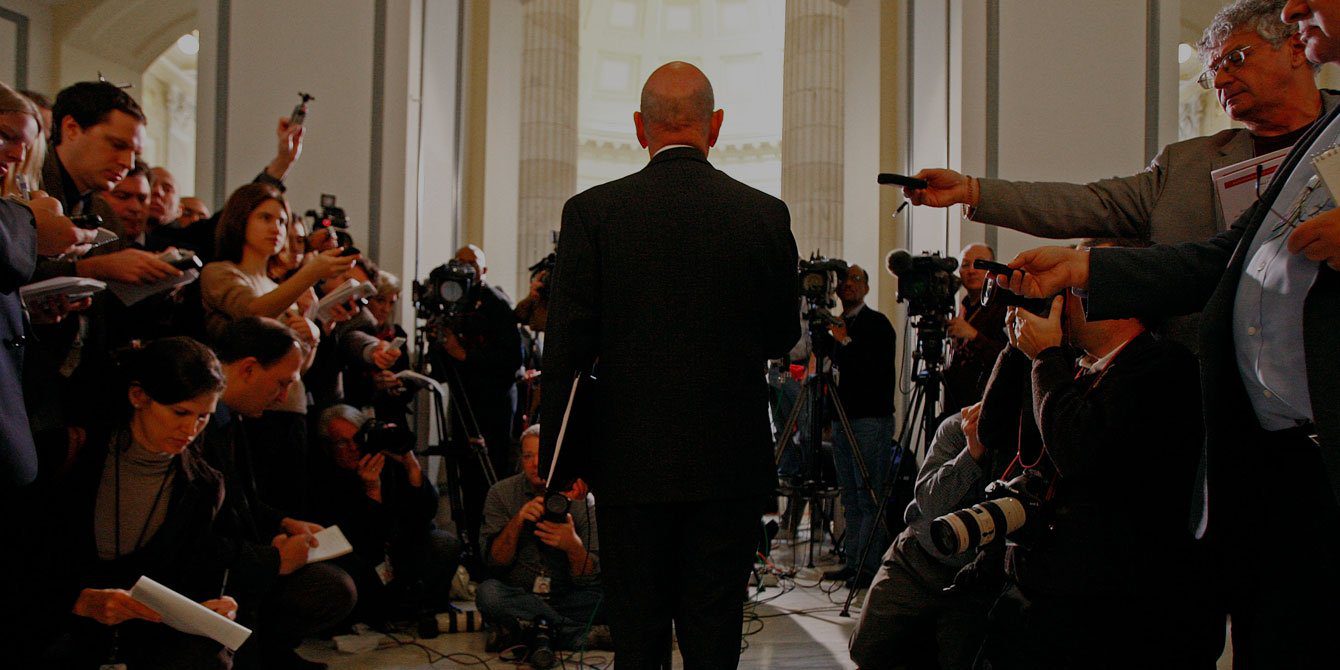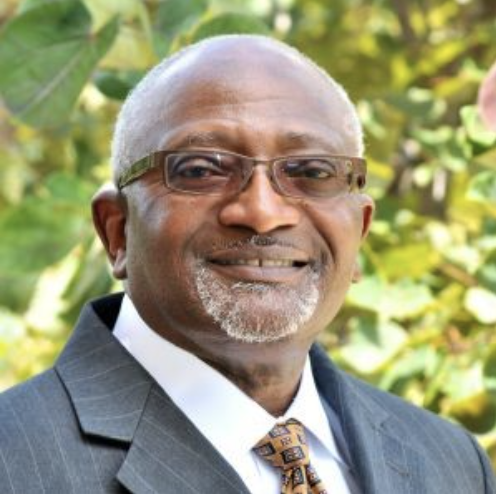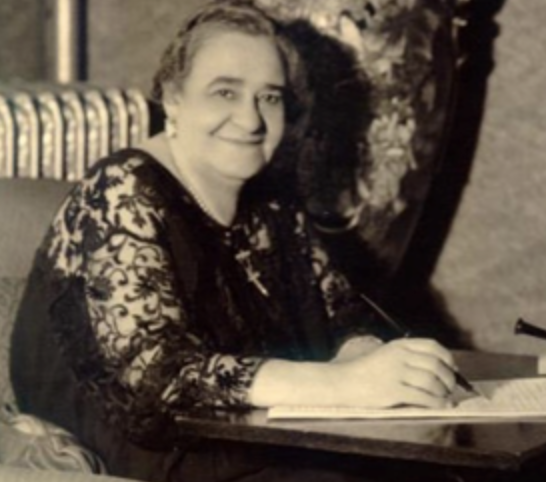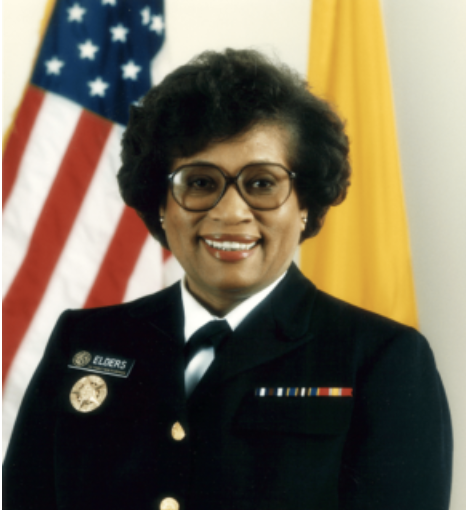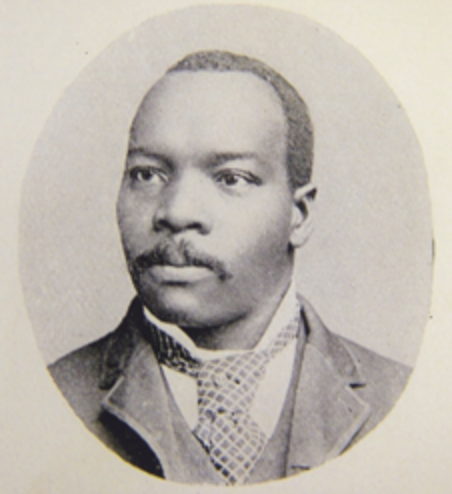Celebrating innovative Black leaders that have paved the way for our work

by: Silicia Lomax, MPH Senior Associate- Health
Black History Month is often a time of reflection and celebration. It reminds us to reckon with America’s racist past and continued injustices as well as highlight the important contributions from so many Black leaders. As this year’s Black History Month comes to a close, Waxman Strategies would like to take time to celebrate Black leaders that have helped to pave the way for our different practices.
We maintain three practices at the firm: environment, health, and technology. The environment practice is driving the transformation needed to secure a zero-carbon future. The health practice advances health policies that drive systemic change and secure more equitable outcomes. The technology practice accelerates bold innovations and tech solutions in the public interest. Overall, our firm focuses on making positive impacts that matter. Our Finance and Operations team are integral parts of making that work possible.
Across all of our work, we advocate for change, especially for people that are most affected. Black people are disproportionately affected by both climate change and health care inequities yet have contributed so much to improving each of these fields. Here, we’d like to highlight some of those magnificent leaders and their significant contributions to the work in each of our practices. We look to each these leaders as inspiration as we work to ensure a more equitable future.
Environment: Robert Bullard 
Dr. Robert Bullard is often referred to as the “father of the environmental justice movement.” He is an award-winning author of eighteen books on the prominence of waste facilities in predominately African American areas all over the nation, as well as others that address urban land use, industrial facility siting, housing, transportation, climate justice, emergency response, smart growth, and equity. He is also the co-founder of the HBCU Climate Change Consortium and a proud U.S. Marine Corps veteran.
In 2019, Apolitical named him one of the world’s 100 Most Influential People in Climate Policy and Climate One named him the Stephen H. Schneider Award for Outstanding Climate Science Communication. Dr. Bullard currently is the Distinguished Professor of Urban Planning and Environmental Policy at Texas Southern University and Director of the Bullard Center for Environmental and Climate Justice.
Finance and Operations: Maggie Lena Walker 
Maggie Lena Walker was born to enslaved parents and eventually became one of the most influential female business leaders in the US. She was the first Black woman to establish and serve as president of a bank in the United States. In 1903, she started her own bank, St. Luke Penny Savings Bank, in Richmond, Va., with money gathered from members of the Independent Order of St. Luke, an African American benevolent society that helped the sick and elderly in Richmond. The bank was a powerful representation of Black self-help in the segregated South. She was the first woman of any race to charter a bank in the United States. The bank is still in operation as the oldest continuously operated African American-owned bank in the U.S.
Health: Joycelyn Elders 
In 1993, Dr. Joycelyn Elders became the first Black person to be appointed as the Surgeon General of the United States. She worked to reduce the prevalence of teenage pregnancy and on projects to increase child immunization and screening rates, availability of HIV services, and breast cancer screenings. In 1956 she enrolled at the University of Arkansas Medical School and although the Supreme Court had declared separate but equal education unconstitutional two years earlier, Elders was still required to use a separate dining room—where the cleaning staff ate. In 1987, Governor Bill Clinton appointed Joycelyn Elders head of the Arkansas Department of Health in and she campaigned for clinics and expanded sex education. From 1987 to 1992, she nearly doubled childhood immunizations, expanded the state’s prenatal care program, and increased home-care options for the chronically or terminally ill. Then in 1993, President Clinton appointed Dr. Elders U.S. Surgeon General. During her tenure, she faced criticism regarding her progressive policies but remained dedicated to bringing controversial issues up for debate.
Technology: Granville Woods 
He was the first Black mechanical and electrical engineer after the Civil War. He was a great inventor, mainly known for his fifteen different appliances for electric railways. He was most known for inventing the multiplex “induction telegraph,” which allowed for voice communication through telegraph wires and ended up preventing many train accidents. He became known as “Black Edison” because Thomas Edison tried to sue Woods after he invented the multiplex telegraph but when the lawsuit failed, Edison tried to make Granville a partner and he refused. Granville received nearly 60 patents throughout his lifetime and his inventions still impact electrical equipment that are a part of today’s daily life.
Each of these leaders are an inspiration and have helped to charter the course for our work and mission at Waxman Strategies. Although Black History Month may be one month, opportunities for reflection and celebration should not end. We will continue advocating for people and striving towards equity. This includes amplifying the work and voices of Black leaders.
